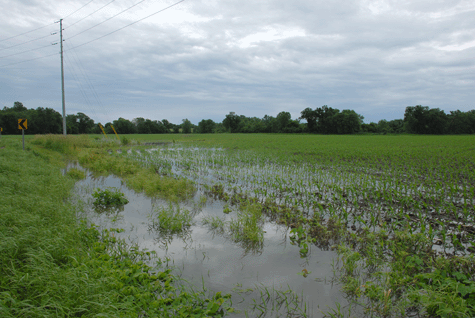 Many people in developing countries rely on agriculture as their main source of food and income. Yet a range of factors, such as deforestation, unsustainable farming practices and population growth, make it increasingly difficult for farmers to grow enough food.
Many people in developing countries rely on agriculture as their main source of food and income. Yet a range of factors, such as deforestation, unsustainable farming practices and population growth, make it increasingly difficult for farmers to grow enough food.
Climate change exacerbates these challenges. Extreme weather events and temperatures and unpredictable rainfall cause environmental degradation and make it difficult for farmers to prepare for weather-related risks. As a result, communities are producing very low crop yields. They are faced with diminished livelihoods, high rates of malnutrition and extreme poverty. Children are particularly vulnerable to low food intake and poor nutrition.
Our approach
To respond to these threats to survival and livelihoods and improve children’s well-being, we work with farmers in developing countries to increase their resilience to climate change and improve their reliable access to food.
Responses include introducing species such as Acacia, which are able to tolerate extreme conditions; integrating trees into agricultural landscapes to improve biodiversity and mitigate environmental degradation; implementing ‘climate-smart’ agricultural interventions; and intensifying agricultural production in a profitable and sustainable manner.
